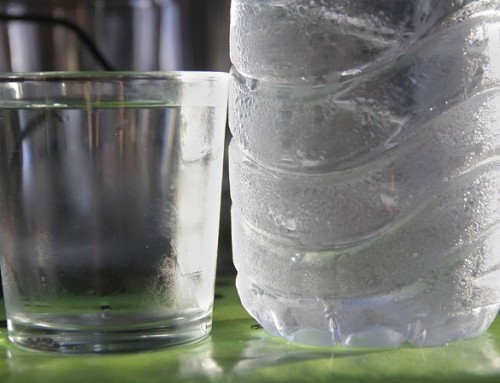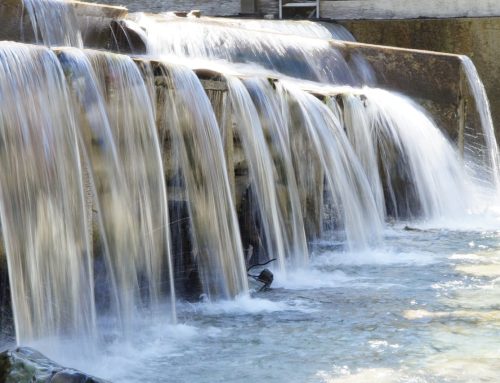 Various countries globally are experiencing droughts and facing water shortages; some have already introduced water restrictions in an effort to ensure that there is sufficient water for drinking and normal everyday usage until the next rains, but is this enough?
Various countries globally are experiencing droughts and facing water shortages; some have already introduced water restrictions in an effort to ensure that there is sufficient water for drinking and normal everyday usage until the next rains, but is this enough?
The competition for water between rural and urban areas is intensifying in many countries as farmers face enormous challenges and dwindling crops and those in the city use more and more water for industry, relaxation, personal hygiene and various other reasons.
This battle for water is only likely to intensify unless everyone, including Business comes to the party to save on water usage as extreme weather phenomena conditions intensify and CO2 emissions continue to rise.
When we talk about the true cost of water, we are not referring to what you pay your municipality for the water you use, but the value of this resource for various uses. The true cost of water includes all the costs of water management, resource expansion, environmental protection and infrastructure maintenance, to name but a few.
One of the problems is that water is not correctly valued, it costs much more to access water from areas where water is a scarce commodity than from those where it is plentiful, yet much of the industry that utilises water and water-intensive agricultural processes are being conducted in areas where there are historically water shortages.
Whereas water in these areas is cheap, many industries abuse this fact and exploit the bit of water that is available, which often leads to damage to long-term water supplies or the risk of drought. It is imperative that global entities calculate the true cost of water and ensure that these areas where water is cheaper are not exploited and turned into veritable deserts to the detriment of the population living there.
Farmers must also be cognisant of the amount of nitrogen fertiliser that they use to ensure that there is no wastage and runoff into the local drinking water supplies as this means that the water then become unfit for drinking and more money must be spent on treating the water to make if fit for human consumption. Industry is also guilty of wasting water and of runoff into local water sources.
Increasing drought linked to climate change is also causing more land to become arid, and this is posing a huge threat to food security and poverty reduction efforts and increasing the vulnerability of millions of people globally.
It is vital that effective systems across the globe need to be developed and instituted in order for drought planning to be done by water managers and other decision makers at the local level. Industry, Agriculture, Power Utilities and Governments must come together and work in cooperation to ensure that the cost of water is not too steep and that this vital resource is looked after and preserved for future generations.
Hire water coolers, mains fed water coolers, bottled water coolers and buy water dispensers from Living-Water.





